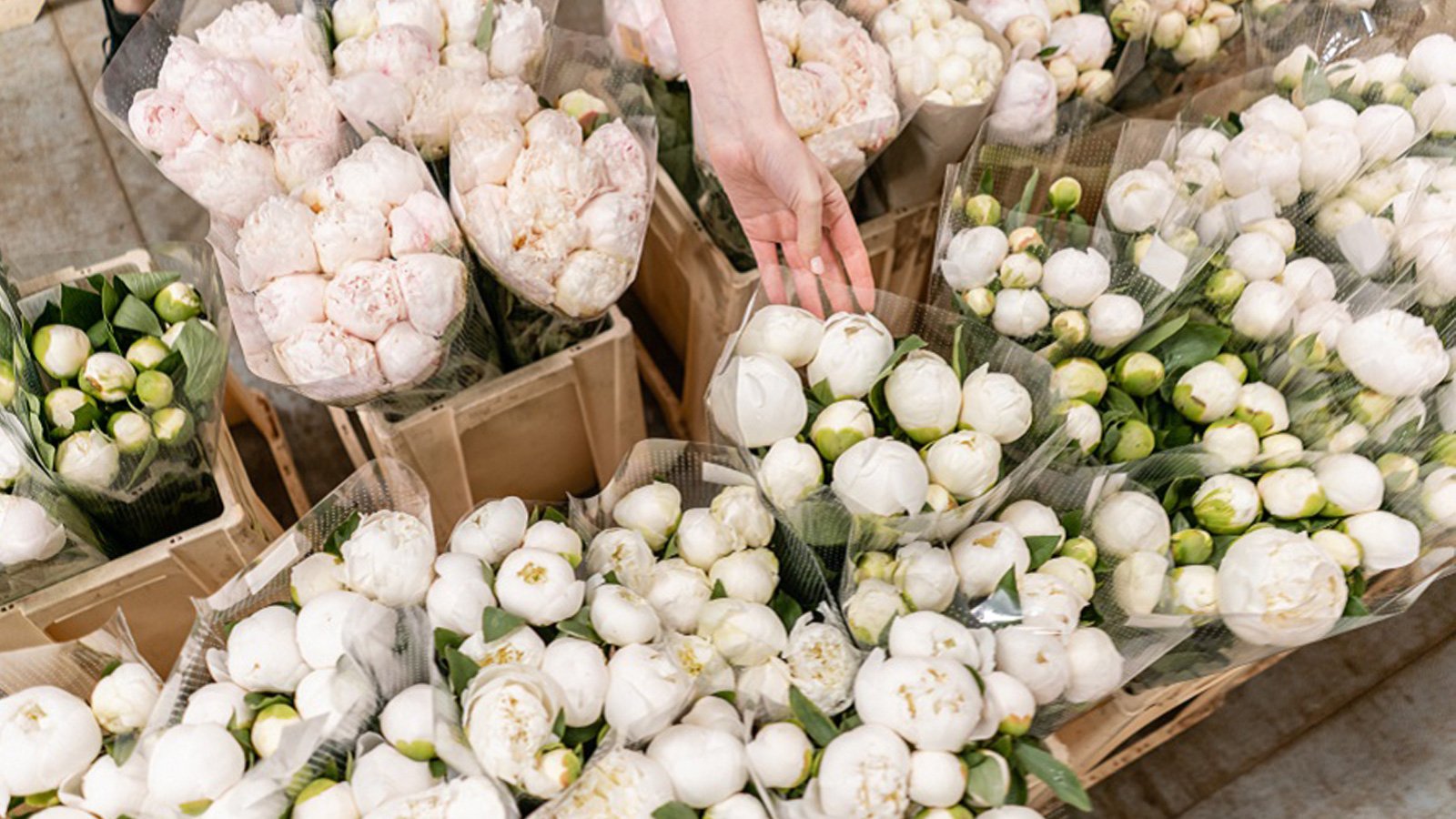Milgro, together with floriculture service provider Xpol, reduces and makes the waste streams from its location in Rijsenhout more sustainable.
Significant results and reduction in CO2 emissions
Xpol is an internationally active floriculture service provider and has been working for some time to optimize the waste flows within the entire supply chain from grower to consumer. To take the next step in this optimization, she looked for Milgro as a partner in 2018. “The results in the past year are even better than we expected,” said Marco Minck, operations manager at Xpol.
From insight to optimization
Milgro's approach starts with gaining insight into the waste flows and then these flows are optimized. For example, at Xpol we have focused on the more optimal separation of residual flows. As a result, smaller containers are used and more revenues come from these mono flows. The setup on the production floor has been changed to make waste logistics more efficient. The number of transport movements has decreased due to this optimization and this in turn results in a decrease in CO2 emissions.
Further improvement by reducing packaging material
But it doesn't stop improving there. For the coming year, Milgro and Xpol will, among other things, look together at alternatives for the materials used in the chain. Consider, for example, biodegradable alternatives to plastic sleeves for bouquets. Another important goal is to reduce the use of packaging material.
To read the full Xpol news item, click here









